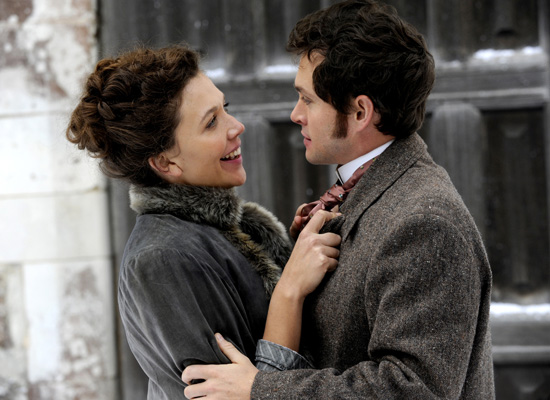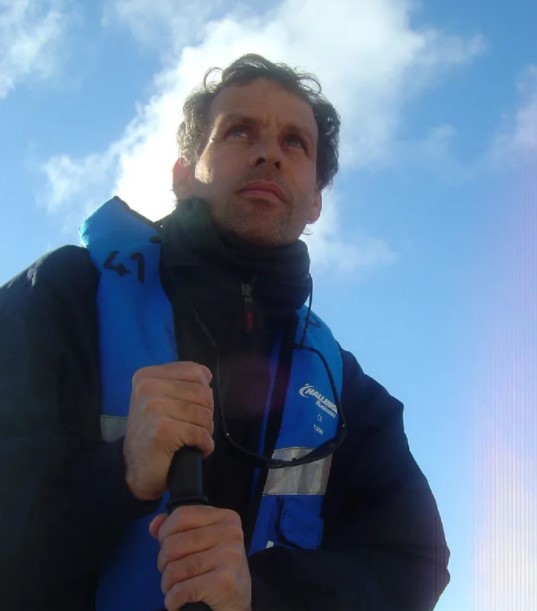Hysteria - Hugh Dancy's appliance of science gives frustrated Victorian women a tingle

The latest updates, reviews and unmissable series to watch and more!
You are now subscribed
Your newsletter sign-up was successful
Want to add more newsletters?

ONCE A WEEK
What to Watch
Get all the latest TV news and movie reviews, streaming recommendations and exclusive interviews sent directly to your inbox each week in a newsletter put together by our experts just for you.

ONCE A WEEK
What to Watch Soapbox
Sign up to our new soap newsletter to get all the latest news, spoilers and gossip from the biggest US soaps sent straight to your inbox… so you never miss a moment of the drama!
The invention of the vibrator in late-Victorian England hardly seems a promising basis for a romantic comedy yet director Tanya Wexler’s Hysteria proves an unexpectedly charming costume romp. With appealing lead performances by Hugh Dancy and Maggie Gyllenhaal, the film’s light-hearted fictionalising of real events combines a mild feminist history lesson with mildly saucy fun.
In 1880s London, an era when women’s sexual frustrations are dismissed as ‘hysteria’, Jonathan Pryce’s society doctor has built up a flourishing practice administering, ahem, manual relief to his wealthy female patients. His waiting room is packed, so he takes on Dancy’s high-minded young medic, Mortimer Granville, as an assistant and shows him how to induce ‘paroxysmal convulsions’ in his patients. The handsome Mortimer proves a great success, but his efforts leave him with repetitive strain injury to his wrist.
At a loss, he turns for help to his eccentric inventor friend Edmund (a droll Rupert Everett), whose latest gadget, an electric feather duster, proves to be useful for more than just cleaning. Meanwhile, Mortimer has become engaged to his patron’s demure daughter Emily (Felicity Jones), only to discover that he is more attracted to her feisty suffragette sister Maggie (Gyllenhaal, great and with a spot-on English accent).
Glowing with ardent idealism, whether championing the poor or biffing policemen, Maggie is the film’s progressive voice, reminding us, amid the titillation, that not all Victorian women were lying back and thinking of household appliances.

On general release from Friday 21st September.
http://www.youtube.com/watch?v=tFy6cfPmjd4&fs=1
The latest updates, reviews and unmissable series to watch and more!
A film critic for over 25 years, Jason admits the job can occasionally be glamorous – sitting on a film festival jury in Portugal; hanging out with Baz Luhrmann at the Chateau Marmont; chatting with Sigourney Weaver about The Archers – but he mostly spends his time in darkened rooms watching films. He’s also written theatre and opera reviews, two guide books on Rome, and competed in a race for Yachting World, whose great wheeze it was to send a seasick film critic to write about his time on the ocean waves. But Jason is happiest on dry land with a classic screwball comedy or Hitchcock thriller.


